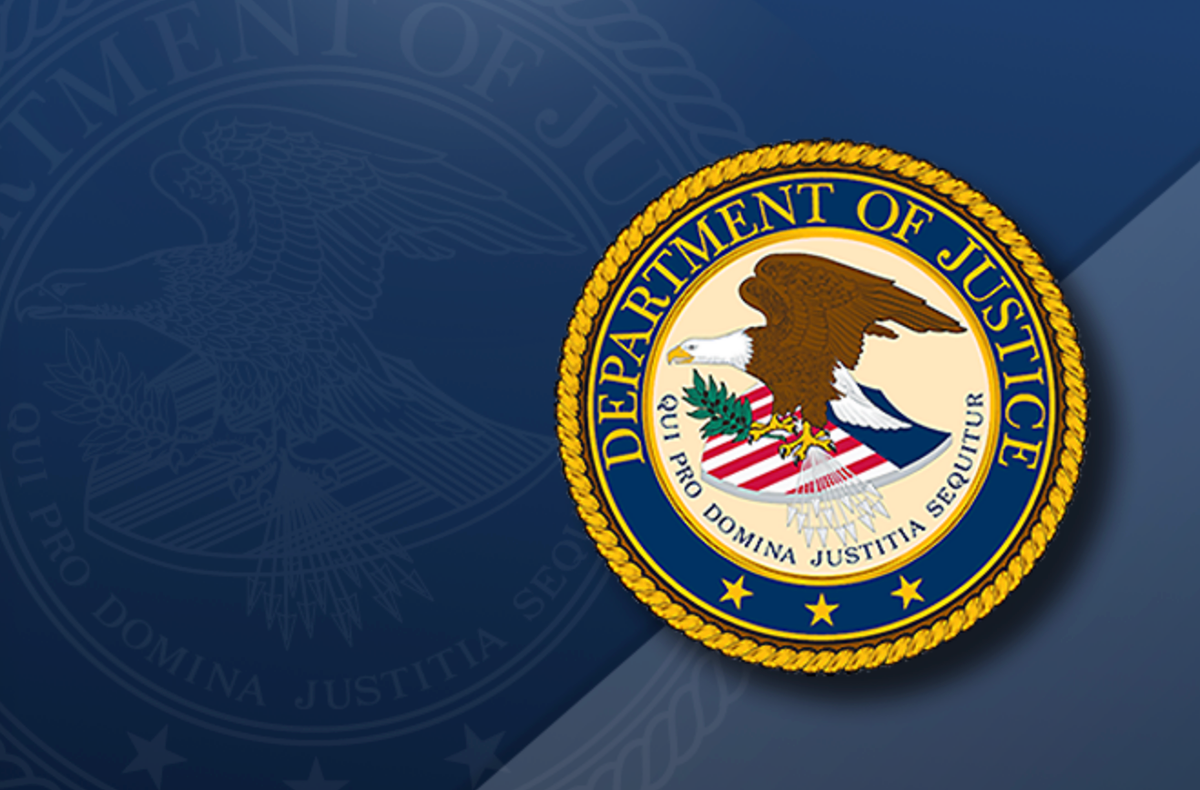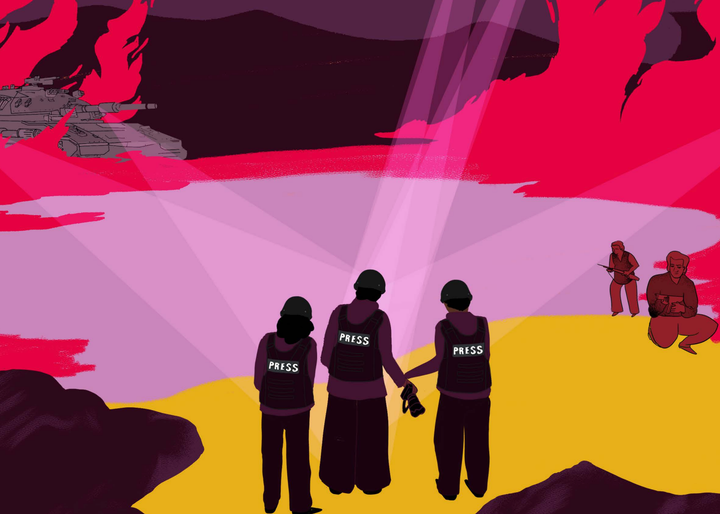US Still Won't Comply With Spanish Investigation Into CIA-Backed Operation That Targeted Assange

The following article was made possible by paid subscribers of The Dissenter. Become a subscriber with this special offer and support independent journalism on press freedom.
The United States government notified a Spanish criminal court that it still will not comply with requests from Spanish investigators, who are trying to uncover details about an espionage operation that targeted WikiLeaks founder Julian Assange.
As the Spanish newspaper El País reported on July 29, Courtney E. Lee, a trial attorney in the U.S. Justice Department’s Office of International Affairs, claimed that providing information to Spain’s national high court would “interfere” with “ongoing U.S. litigation.”
Assange was the target of an unprecedented political prosecution that was globally condemned as a threat to press freedom. The case ended in a plea deal in late June after U.S. prosecutors feared that Assange might win his appeal against extradition.
While prosecuting Assange, the CIA, former CIA director Mike Pompeo, Spanish security company U.C. Global, and U.C. Global director David Morales were sued by four Americans, who alleged that an espionage operation by U.C. Global had violated their privacy when the contents of their electronic devices were allegedly copied and shared with CIA agents.
The four Americans who complained that their rights were violated, were Margaret Ratner Kunstler, a civil rights activist and human rights attorney; Deborah Hrbek, a media lawyer who represented Assange or WikiLeaks; journalist John Goetz, who worked for Der Spiegel when the German media organization first partnered with WikiLeaks; and journalist Charles Glass, who wrote articles on Assange for The Intercept.
In December 2023, Judge John Koeltl, a judge in the U.S. District Court for the Southern District of New York, ruled that the four Americans had sufficiently alleged that the CIA and Pompeo had violated their constitutional rights to privacy. But by February, the CIA informed the court that it would move to dismiss the lawsuit by invoking the “state secrets privilege.”
Asked about the news from El País, Richard Roth, an attorney for the Americans, told The Dissenter that this appeared to be “just another excuse” by the U.S. government.
“[The U.S.] did not respond before the action was commenced in New York,” Roth noted. “I suspect that it will not respond after as well.”
Indeed, there is little incentive for the Justice Department to provide any information to the Spanish high court—especially if the CIA succeeds in thwarting the lawsuit by disingenuously claiming that "national security" would be at risk if any involvement in the operation was officially denied or confirmed.
CIA director Bill Burns submitted a “classified declaration” in April that “fully defines the scope of information” at issue and “explains the harm that reasonably could be expected to result from the unauthorized disclosure of classified information.”
In May, on behalf of the four Americans, Roth responded, “This case does not concern terroristic threats to destroy America that were uncovered through technology or a program that must never be disclosed or else the threat will succeed.”
"Rather, this case is about the CIA searching and seizing cell phones and laptops of respected American lawyers and journalists, who committed no crime, and who have now stood up against loss of liberties and the government’s intrusion into their private lives by copying the contents of their cell phones and laptops.”
Roth also contended that “any claim that national security [would] be harmed must be met skeptically by this court given that the facts in this case are not a ‘secret’ as they have already been the subject of testimony in court proceedings in England and Spain, and widely reported by the press.”
Judge Koeltl has yet to rule on the "state secrets" claim from the CIA.
The case before the Spanish high court began in 2019 and was the result of an explosive report from El País in April 2019. Assange had just been expelled from Ecuador’s London embassy, arrested by British police and detained at Belmarsh prison at the behest of the U.S. government.
Morales was subsequently charged by the Spanish high court with committing privacy offenses related to the espionage operation. As with the lawsuit in the United States, the U.S. government has protected the CIA and frustrated the court at every turn.
El País reported that one Spanish judge “requested information about the IP addresses of the computers or other networked devices that allegedly connected from American soil to a server held by the private security firm UC Global at its headquarters in the southern Spanish city of Jerez de la Frontera.”
Testimony from former UC Global workers and email evidence suggest that U.S. intelligence services had access to this server, which contained video and audio recordings captured by cameras in Ecuador’s London embassy. However, instead of answering the requests, U.S. prosecutors demanded to know “real facts and the sources of the fact”—including the identities of anonymous whistleblowers.
“Since then,” according to El País, “silence has been the defining attitude of the U.S. Administration to the judicial assistance requests sent by the Spanish judge regarding statements by witnesses such as Pompeo or William Evanina, former head of Counterintelligence, or about the information gathered by the Senate Intelligence Committee that investigated the case, or statements by American victims of the spying, among other proceedings."




Comments ()